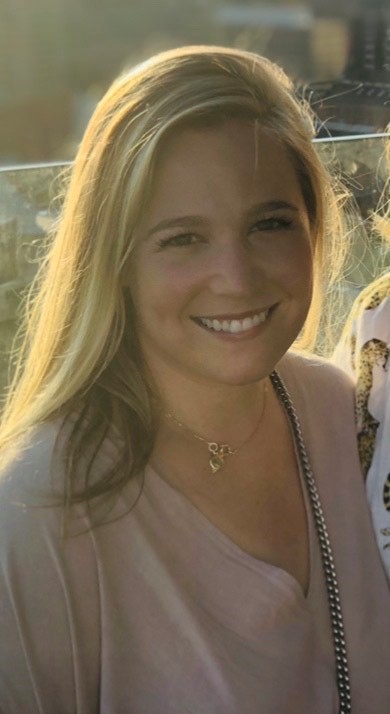By Savannah Meng, Clare Hellmann, and Cornelia Coté
This blog is part of the Academic Success Center series The Nursing School Survival Guide
Clinicals can seem nerve-wracking to some and exciting to others. Either way, it is a learning experience. At the end of the semester you’ll have new skills and feel confident in your brand-new nursing abilities.
This is our opportunity as nursing students to practice in a hands-on, real environment, with real patients. So take a deep breath and dive in! Don’t worry—you’ll have a seasoned nurse or clinical instructor there to guide you.
Believe in yourself, and follow these tips to make the most out of your clinical experience.
- Set goals for skills you want to practice or things you want to learn. This can help keep you motivated, on track, and organized.
- Be prepared: don’t forget your stethoscope, pen light, scissors, pen, ID badge, paper, highlighter, (plus mints and Chapstick).
- Arrive early to ensure adequate time to review your patients’ charts before the day begins. Always review each patient’s chart prior to entering their room.
- Investigate your patient’s medications on Micromedex. Become familiar with the purpose, adverse effects, and route of administration.
- Ask your instructor how to navigate the electronic medical record to gather information efficiently.
- Become familiar with normal lab values and practice interpreting abnormal results.
- If there is a unit that you’re interested in, ask your instructor. They probably have someone they can connect you with!
- If there is a clinical skill you want to practice, ask your instructor. They will find an opportunity for you.
- Do as many things as you can during your hours at the hospital. If your patient has to get dialysis during your shift, ask if you can accompany them. If there is an interdisciplinary huddle, sit in on that.
- Talk to your patients. Sometimes just sitting, talking, and keeping a patient company can not only teach you, but remind you why you chose to become a nurse.
- Don’t be afraid to say, “I don’t know.” Never make up an answer that could compromise you, your patient, or the hospital..
- Get to know your peers and ask them for help. No one wants to clean up Bob’s diarrhea alone.
- Remember to maintain patient confidentiality at all times, both within and outside of the hospital.
- Do not be afraid to ask for help!
The Nursing School Survival Guide is a blog series by the Academic Success Center.
Looking for more resources to help you stay ahead? We offer tutoring, academic coaching, workshops, and other services aimed at supporting you through your academic journey. Visit the Academic Success Center or email [email protected] for more information about our staff and services!
Read more:
ABOUT THE AUTHORS

Savannah Meng is a MSN (Entry Into Nursing) student from Lake Tahoe, California, she earned her BS in Sports Medicine with a minor in Hispanic Studies from Pepperdine University. Savannah currently serves as president of the Critical Care Interest Group and the Community Health Interest Group; she is passionate about pediatric critical care, emergency medicine, and trauma care. In her free time, she enjoys running, hiking, climbing, and anything outdoors.

Clare Hellmann is a MSN (Entry Into Nursing) student from Houston, Texas. She earned her BA in Advertising, with a minor in Business from the University of Texas at Austin, but decided midway through undergrad that she wanted to pursue a career in Nursing. After graduating, she worked as a medical assistant at a private dermatology practice, where she loved interacting with patients on a daily basis.

Cornelia Coté is a half American, half French MSN (Entry Into Nursing) student from Rye, NY. Growing up, she spent summer and winter breaks visiting her grandparents and family in France. Cornelia earned her Bachelors in Psychology, minoring in Entrepreneurship and Management, from Johns Hopkins University. She began a career in Advertising and Marketing in New York City and then Paris, where she lived when her grandmother fell ill. It was in caring for her grandmother that she discovered her interest in nursing.
